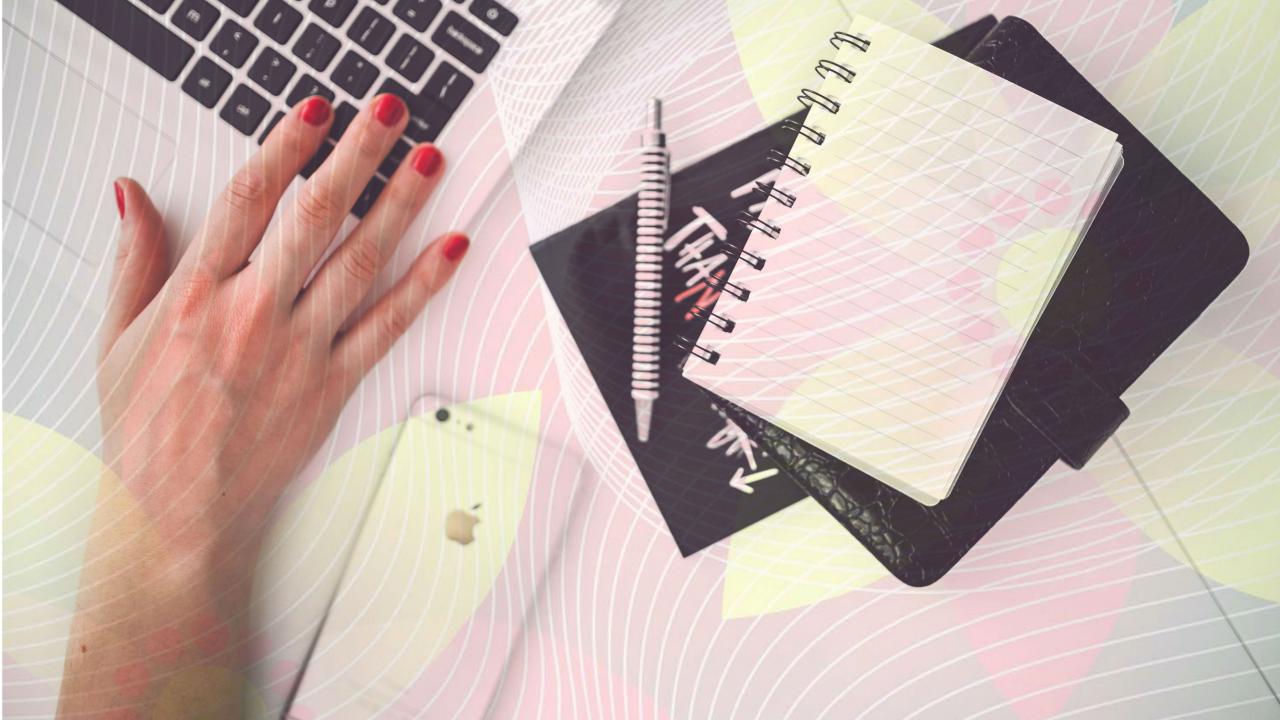Psychological conditions can affect sleeping conditions, and vice versa, which my previous article on depression and insomnia talked about. Anxiety disorders are another type of psychological disorder, besides mood disorders, that are proven to be associated with sleep disorders like insomnia.
In an article on healthcentral.com, insomnia is thought to be a symptom of a psychological disorder. Anxiety is listed as a cause of sleeping problems like insomnia.
If anxiety is a cause of insomnia, then the insomnia is considered to be secondary, according to the American Sleep Association (ASA). Pain, anxiety and depression are listed together as causes of insomnia.
However, primary insomnia can also be rooted in stress. According to ASA, “major or long-lasting stress and emotional upset” can cause insomnia, even though primary insomnia “is not due to another medical or emotional condition.”
A long-term form of insomnia is known as chronic insomnia and lasts “at least 3 nights per week for more than a month,” according to ASA.
Many people are affected by insomnia. In fact, “one in three adults has insomnia sometimes [and] one in 10 adults has chronic insomnia,” according to the National Heart, Lung and Blood Institute (NHLBI).
Some side effects are loss of energy and feeling tired during the day, as well as depression, irritability, attention, learning and memory problems. People with long-term insomnia can be limited in their social, work and school lives, according to ASA.
Anxiety, which can cause insomnia (and the reverse), has many forms. Some anxiety disorders are generalized anxiety disorder, obsessive compulsive disorder and panic disorder, according to the National Institute of Mental Health. The NIMH Web site said that “anxiety is a normal reaction to stress,” but it becomes abnormal when it’s excessive and debilitating.
When a person has an anxiety disorder, it can be difficult for the mind to shut off for sleep, which causes sleeplessness and then fatigue later on. The inability to fall asleep is characterized as a form of insomnia. For example, in generalized anxiety disorder, “exaggerated worry and tension” can carry over to sleep, and sleeping problems can lead to inability to concentrate, headaches and fatigue.
The idea that insomnia can cause anxiety doesn’t seem to be supported well on the Internet. One source did say insomnia could cause anxiety, but that it’s more of just an association with anxiety and can be a precursor to anxiety. Also, the treatment of insomnia can also relieve some anxiety.
One official study said that “chronic insomnia can increase one's chances for developing anxiety disorders and depression,” according to ScienceDaily. However, the study also stated that the insomnia is probably a marker, and the anxiety disorder could be detected early on because of that.
However, “alleviating chronic insomnia may reduce the risk of developing anxiety disorders,” the article stated.
If you are having problems with anxiety and/or sleeping, it is best to talk to a doctor to rule out any other physical problems that might be contributing to one or both. A doctor can also help figure out treatments if you end up having a certain type of anxiety and/or insomnia.
Sources:
http://www.healthcentral.com/anxiety/c/8468/14176/anxiety-insomnia
https://www.empowher.com/news/herarticle/2010/04/06/depression-insomnia-one-can-cause-other
http://www.sleepassociation.org/index.php?p=aboutinsomnia
http://www.nimh.nih.gov/health/topics/anxiety-disorders/index.shtml
http://www.ninds.nih.gov/disorders/migraine/migraine.htm
http://psychology.suite101.com/article.cfm/causes_of_anxiety_disorders
http://www.sciencedaily.com/releases/2007/07/070703171923.htm





Add a CommentComments
There are no comments yet. Be the first one and get the conversation started!